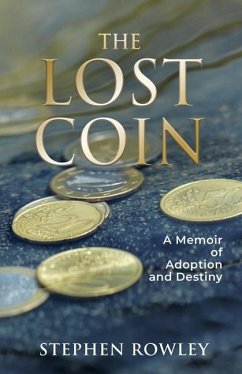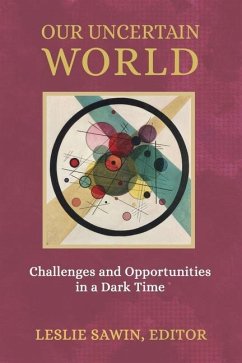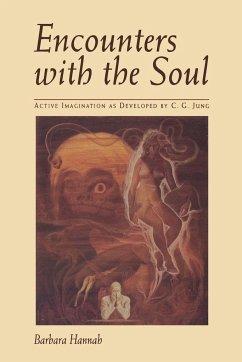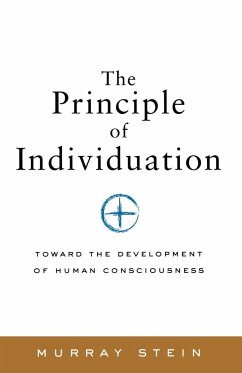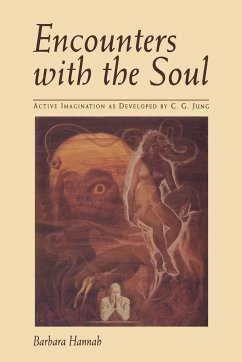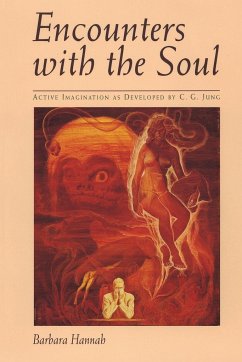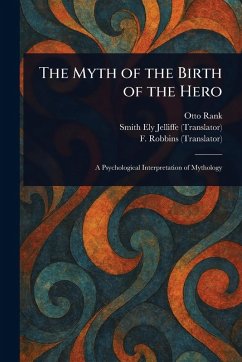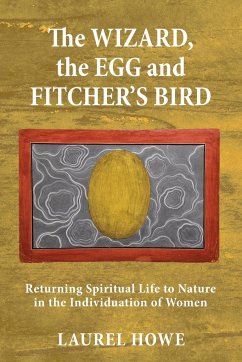
The Wizard, the Egg and Fitcher's Bird
Returning Spiritual Life to Nature in the Individuation of Women

PAYBACK Punkte
20 °P sammeln!
The animus remains a baffling, misunderstood force in women's psychology, but the fairytale "Fitcher's Bird" brings his ambivalent, wizardly power and his psychic aims as the spirit of individuation into view, reaching into rich alchemical symbolism to do so. The tale and its alchemical background are illuminated with dreams and psychic images from several women's lives, whose stories help us understand the profound personal and archetypal value of engaging creatively with the animus. Like the alchemical nature God, Mercurius, the animus is a life force, an archetype with two sides. His negati...
The animus remains a baffling, misunderstood force in women's psychology, but the fairytale "Fitcher's Bird" brings his ambivalent, wizardly power and his psychic aims as the spirit of individuation into view, reaching into rich alchemical symbolism to do so. The tale and its alchemical background are illuminated with dreams and psychic images from several women's lives, whose stories help us understand the profound personal and archetypal value of engaging creatively with the animus. Like the alchemical nature God, Mercurius, the animus is a life force, an archetype with two sides. His negative side is symbolized in "Fitcher's Bird" by a wizard's longtime ability to abduct maidens from their parental homes with barely a touch by dressing as a beggar and appealing to their charity. He displays a perverse dominance over the feminine that has built up in our traditional attitudes over the millennia and takes hold of women through their own participation in those attitudes. Taking them to his great house in the forest, the wizard promises young women riches for their obedience. But the maidens, like the wives of Bluebeard, predictably enter the one forbidden room and end up slaughtered-in "Fitcher's Bird" they are hewn limb from limb. Only one maiden is clever enough to pay attention to the gift the wizard's positive side offers-a simple egg, symbolizing the process of individuation when an ego nurtures a relationship with the unconscious. Switching her focus to the egg, the heroine redeems her sisters and at the end of the tale makes an appearance as the wondrous Fitcher's bird-an image for the archetypal feminine redeemed from dismemberment and disappearance.





